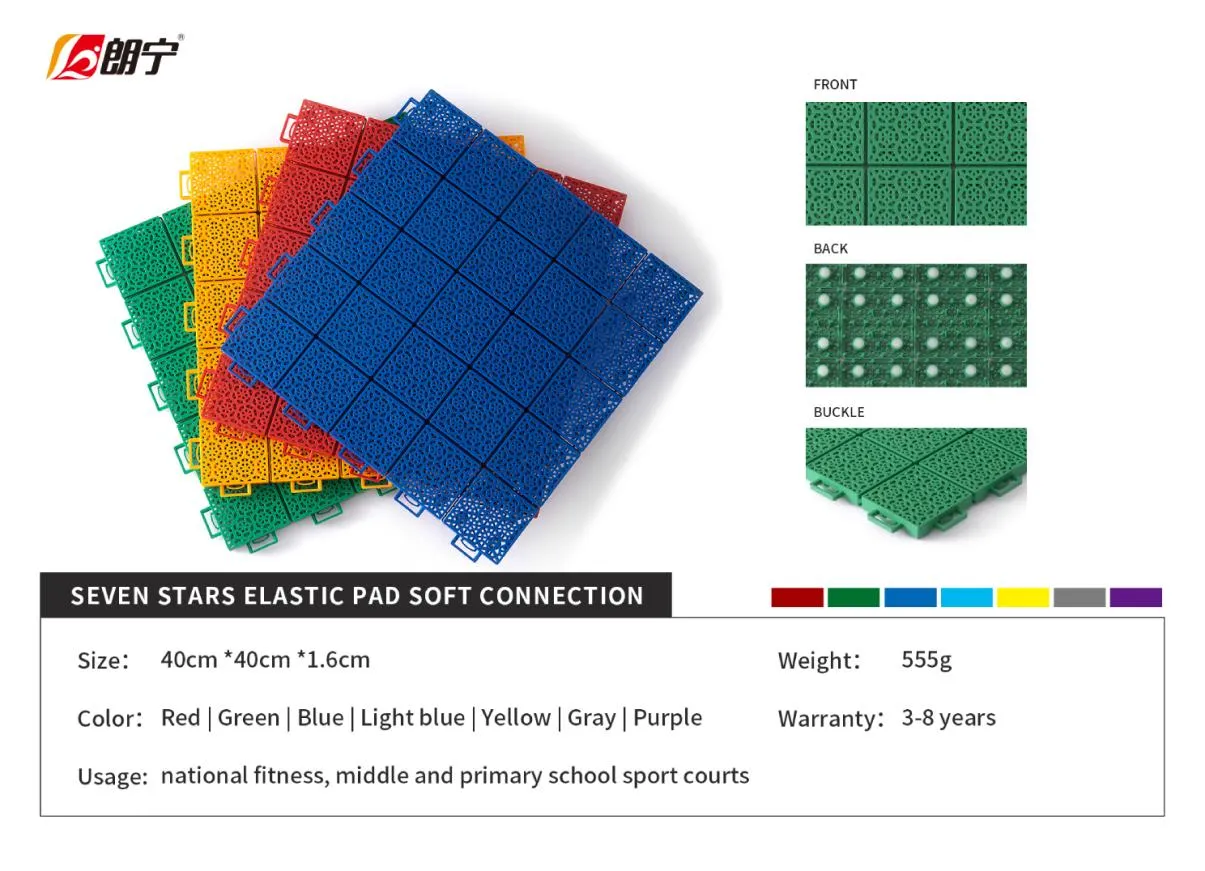Is PVC Vinyl Flooring Safe for Homes and Health Considerations to Keep in Mind
Is PVC Vinyl Flooring Safe?
When it comes to flooring options, PVC vinyl flooring has gained immense popularity due to its affordability, durability, and aesthetic appeal. However, as with any building material, concerns about safety arise, particularly regarding its chemical composition and potential health impacts. This article aims to address these concerns and provide a comprehensive overview of the safety of PVC vinyl flooring.
Firstly, it's important to understand what PVC vinyl flooring is. PVC, or polyvinyl chloride, is a synthetic plastic polymer that is commonly used in a variety of construction and building materials, including flooring. Vinyl flooring can come in various forms, such as sheets, tiles, or planks, and is often designed to mimic the appearance of natural materials like wood or stone.
Is PVC Vinyl Flooring Safe?
Another concern is the potential release of volatile organic compounds (VOCs). VOCs are organic chemical compounds that can evaporate into the air and cause various health issues, ranging from headaches and dizziness to more severe respiratory problems. It is crucial to note that not all vinyl flooring products emit the same levels of VOCs. Some brand manufacturers have committed themselves to producing low-VOC or zero-VOC products. When shopping for vinyl flooring, consumers should seek out these options and check for certifications such as FloorScore, which indicates that a product meets strict indoor air quality standards.
is pvc vinyl flooring safe

Moreover, the installation process of PVC vinyl flooring can also impact its safety. Many adhesives and underlayments used during installation may contain harmful chemicals that can off-gas into the home. For those concerned about indoor air quality, opting for products that require no glue installation, such as click-lock vinyl planks, can be advisable. Additionally, ensuring proper ventilation during and after installation can help mitigate any temporary exposure to chemicals.
Another aspect to consider is the environmental impact of PVC vinyl flooring. While PVC is highly durable and long-lasting, its production and disposal can have negative environmental repercussions. The manufacturing process of PVC can involve harmful chemicals, and when disposed of improperly, it can release toxins into the environment. However, many manufacturers are now focusing on sustainability, producing vinyl flooring from recycled materials and developing eco-friendly products.
Overall, the safety of PVC vinyl flooring largely depends on the specific product and brand. Consumers should conduct thorough research, looking for products that are phthalate-free, low in VOCs, and made by environmentally responsible companies. Additionally, individual sensitivities can vary; while some may experience adverse reactions to certain materials, others may not. Therefore, it is always wise to conduct a small test by placing a sample in your home before making a final decision.
In conclusion, PVC vinyl flooring can be a safe and effective flooring option if consumers take time to choose products wisely. By prioritizing brands that adhere to safety standards, are free from harmful chemicals, and maintain environmentally friendly practices, homeowners can enjoy the benefits of vinyl flooring without compromising their health and well-being. As with any flooring choice, informed decisions can lead to a healthier home environment and a more sustainable future.
-
Commercial Parquet Flooring: Considerations of Aesthetics, Practicality, And SustainabilityNewsApr.15,2025
-
PVC Sports Flooring: Performance, Applications, And Development TrendsNewsApr.15,2025
-
PP Interlocking Floor: a Paving Solution That Combines Functionality and SustainabilityNewsApr.15,2025
-
Plastic Flooring Tiles Outdoor: Practicality, Sustainability, And Development ProspectsNewsApr.15,2025
-
On the Application of PVC Flooring for Badminton Court in Badminton VenuesNewsApr.15,2025
-
Commercial Wood Flooring: the Balance Between Aesthetics, Functionality, And SustainabilityNewsApr.15,2025
-
The Ultimate Guide to Futsal FlooringNewsMar.27,2025

